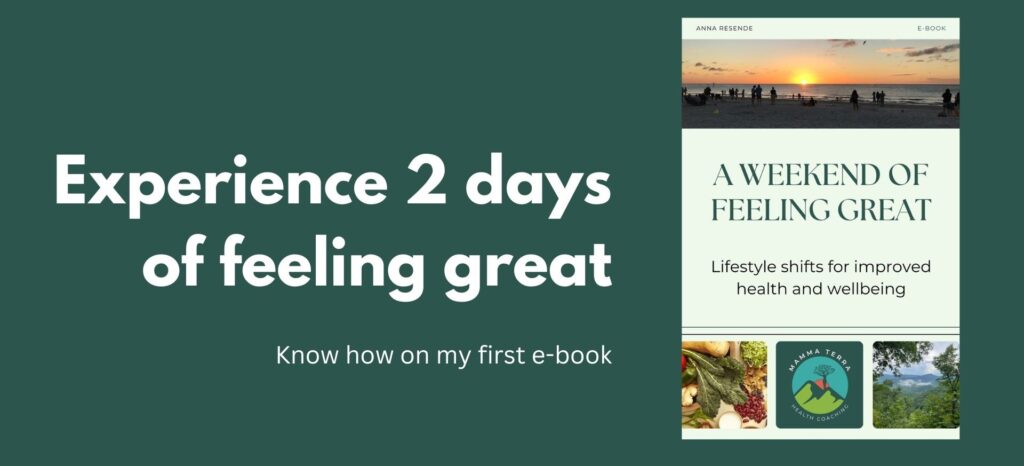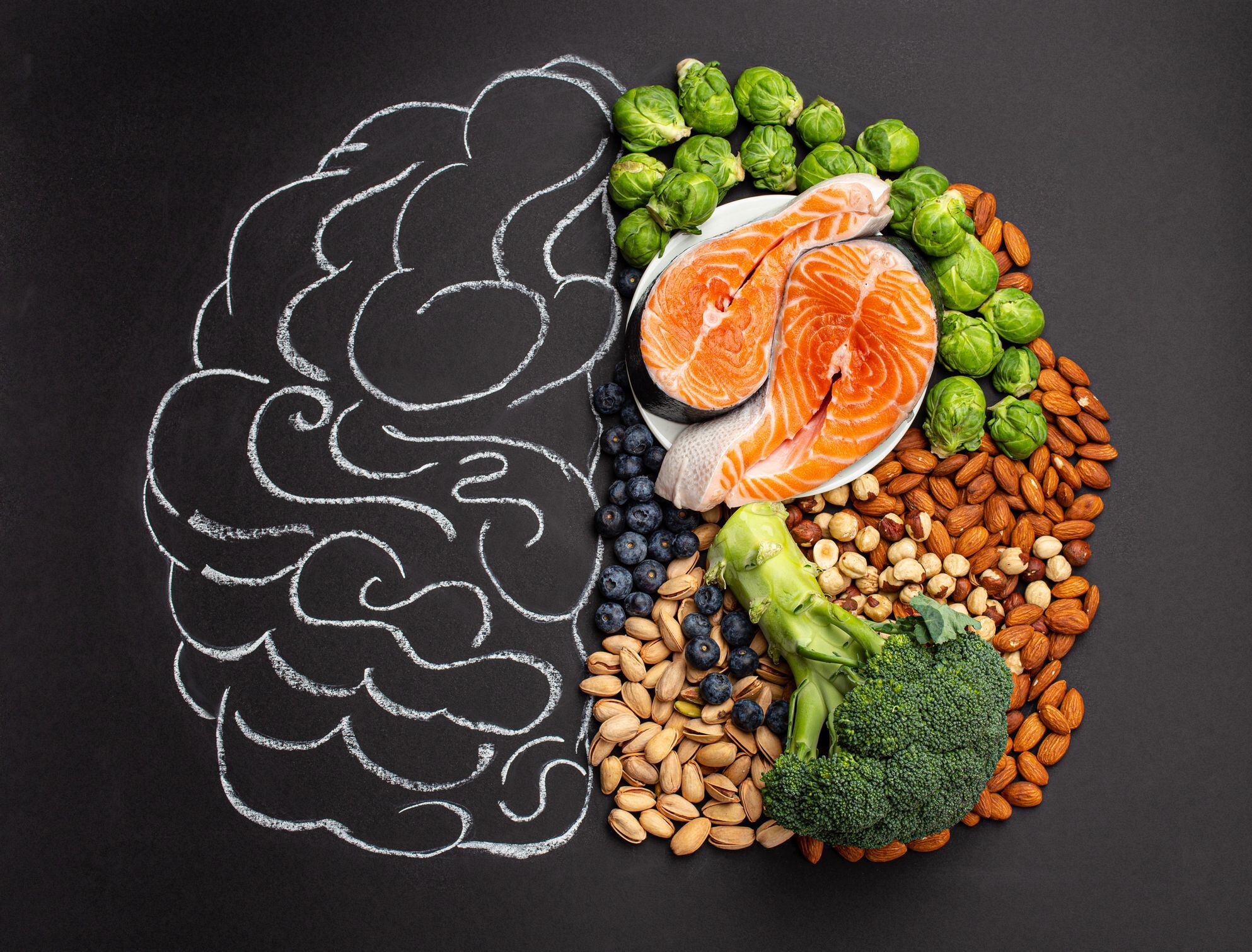Transformative Lifestyle Changes
Attention deficit hyperactivity disorder (ADHD)—also referred to as attention deficit disorder (ADD) can be a challenging condition but, it’s important to know that there are effective non-medication approaches that can make a significant difference in managing its symptoms. In this blog post, we’ll explore some transformative lifestyle changes that can be helpful in healing ADHD without medication.
What is ADHD
ADD/ADHD is one of the most common childhood neurodevelopmental disorders, affecting about 9.8% of U.S. children aged 3-17, according to the CDC. It also affects 5.4% of adult men and 3.2% of adult women, according to data from the National Institute of Mental Health.
The disorder is characterized by pervasive problems with attention. Impulsive and hyperactive behavior is also common but not in all cases, being more prevalent in boys than girls. Boys are more likely to exhibit hyperactive and impulsive symptoms, while girls are more prone to exhibit attention difficulties. It can be diagnosed as young as age 2, but more typically between 6 and 17 years. Some cases are overlooked—particularly in girls who tend to have less obvious symptoms.
Common Symptoms
The core symptoms of ADD/ADHD found in varying degrees in both children and adults include:
- A short attention span for routine tasks
- Distractibility
- Procrastination
- Disorganization
- Problems with follow-through
- Poor impulse control
Ultimately, ADD/ADHD is a disorder of poor self-regulation, executive function, and difficulty with the skills that help to manage daily life. Of course, condition-related behaviors can vary widely among children and adults. In addition, they change over time as an individual grows older and experiences different life events and circumstances. To know more about the different ADD symptoms in children and adults, read the full blog at AmenClinics.com
Treatment
Medication is one of the most common treatment methods for people with ADD/ADHD. About 62% of kids ages 2-17 with ADD/ADHD take medication for the condition, according to statistics from a 2018 study. Among adults with ADHD, the rate of those taking medication hovers around 33%. Kids and adults are often put on powerful stimulant medications in short office visits without any biological information. While medication may help some people with the condition, it doesn’t help everyone, and it can make some people worse.
According to Dr. Daniel Amen – a renowned adult and child psychiatrist, taking medication for a mental health issue such as ADD/ADHD should never be the first or only thing you do. Healing ADD/ADHD requires a more comprehensive approach that includes a host of natural solutions.
Healing ADHD without Medication
Dr. Daniel Amen is one of the most visible and influential experts on brain health and mental health. His mission is to end mental illness by creating a revolution in brain health. He is dedicated to providing the education, products, and services to accomplish this goal. For this reason, he founded Amen University, which has trained thousands of medical and mental health professionals on the methods he has developed. I had the pleasure of being one of his students during my HCTP at IIN.
Prioritize Nutrition for Brain Health
Over the past decade, the Food Is Medicine movement has gained tremendous momentum. It’s consensus that nutrition plays a pivotal role in managing all health issues, including mental health. A nutritional intervention can be especially helpful for those with ADD/ADHD. A higher-protein, lower-carbohydrate diet that is relatively high in healthy fats can be beneficial in reducing symptoms. This diet has a stabilizing effect on blood sugar levels and helps with both energy levels and concentration.
My favorite Nutritional Psychiatrist – Dr. Drew Ramsey, always recommends embracing a diet rich in whole foods, particularly those high in omega-3 fatty acids (found in fatty fish, nuts, and seeds) and antioxidants (found in leafy greens and colorful fruits and vegetables). These foods support brain health and therefore improve focus.
Regular Exercise
Physical activity is a powerful tool for managing ADD and all other mental health issues. Exercise increases blood flow to all parts of the body, including the prefrontal cortex in the brain, which is particularly beneficial to those with ADD/ADHD. It also increases the availability of serotonin in the brain, which tends to calm hyperactivity. Regular exercise also has a positive effect on anxiety and depression feelings, common companions of ADD.
Mindfulness and Meditation
Decades of research have shown that meditation can calm stress, enhance brain function, and benefit those with ADD/ADHD. Learning to meditate is easy—even kids can do it. Other mindfulness practices like meditation can help individuals with ADD gain better control over their attention. These techniques teach us to be present in the moment, reducing mental clutter and promoting mental clarity.
Embrace Neurofeedback
Neurofeedback, also called brainwave biofeedback, is a noninvasive therapy that uses advanced computer technology to measure brainwave activity in real-time. The therapy’s goal is to help a person modulate brainwaves and therefore achieve a desired brain state. Simply put, it helps people gain control over brain processes that are typically involuntary. It allows adults and children to retrain their brain function and achieve improvements in behaviors, emotions, and learning. To know more about neurofeedback read the full blog at AmenClinics.com
Establish Consistent Routines
Consistency is key for managing ADD. Set routines and schedules for daily activities. This predictability can help individuals stay organized and reduce procrastination. Excessive screen time, especially on devices like smartphones and computers, can exacerbate ADD symptoms. Establish screen-free times during the day to improve attention span and reduce distractions.
Sleep is critical for anyone, especially for people with ADD. Ensure you get enough quality sleep, as sleep deprivation can worsen symptoms. A regular sleep schedule and a calming bedtime routine can be particularly helpful.
Cognitive Behavioral Therapy (CBT)
CBT can be an effective treatment for ADD. It helps individuals identify and change negative thought patterns and behaviors, promoting better focus and time management. Consider working with a nutritional psychiatrist, function medicine doctor, holistic therapist, or health coach. They can provide valuable strategies and coping mechanisms to help you thrive.
It’s essential to remember that healing from ADD without medication is a personalized journey. What works for one person may not work for another, so it’s crucial to experiment with these lifestyle changes and seek professional guidance when needed. With the right approach and determination, individuals with ADD can lead fulfilling and successful lives.
Remember: Good is what makes you feel well!
Anna.
Read more about Nutritional Psychiatry on Eat for Your Brain.

Anna Resende
Integrative Nutrition Health Coach
Certified by IIN - Institute for Integrative Nutrition
Every week I send out my newsletter called Mamma’s Tips where I share health and wellness topics, good books, recipes, and more.
Click below to subscribe!
I’m excited to share that I just published my first e-book
A Weekend of Feeling Great!

In this book, you’ll find all the steps you can take to feel great. Besides all the foundational principles of multidimensional health, it has a sample of a productive daily routine and a two-day menu with 10 healthy recipes for you to try.




